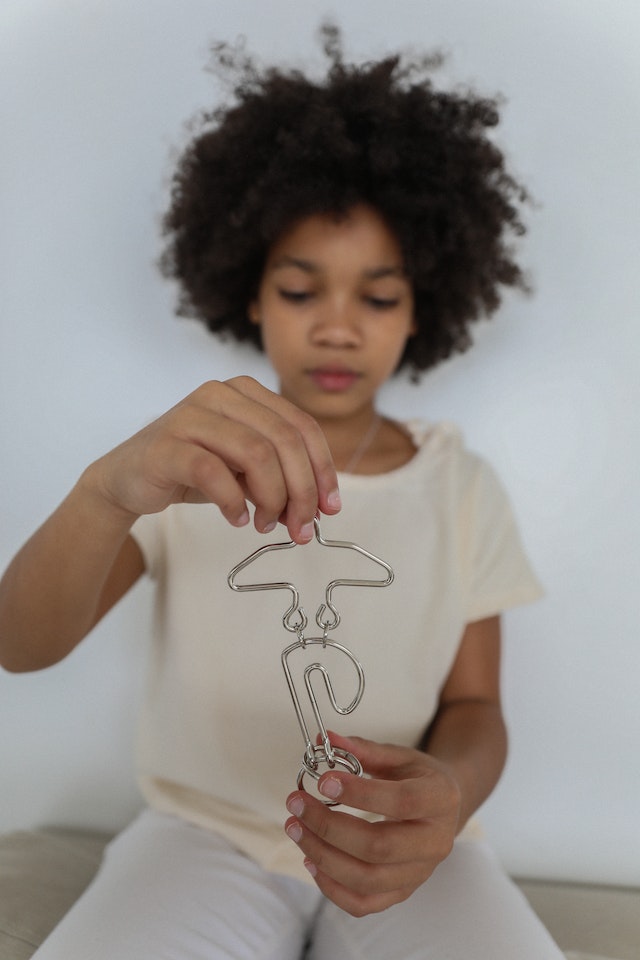Introduction
In today’s fast-paced world, raising well-adjusted and emotionally resilient children has become a top priority for parents.
One approach that has gained significant recognition is positive parenting strategies.
This parenting philosophy focuses on fostering healthy parent-child relationships, encouraging open communication, and promoting positive discipline techniques.
In this article, we will delve into the concept of positive parenting strategies, exploring its benefits and offering practical tips for implementation.
Understanding Positive Parenting Strategies
Positive parenting strategies, also known as positive discipline or gentle parenting, are based on the principles of empathy, respect, and understanding.
This approach aims to create a nurturing environment that fosters children’s emotional and social development while instilling a strong sense of self-worth and autonomy.
Benefits of Positive Parenting Strategies
Enhanced Parent-Child Relationship:
Positive parenting strategies emphasise building a strong bond between parents and children.
By focusing on understanding and empathy, parents can establish trust and open lines of communication, which fosters a healthier relationship.
Emotional Resilience:
Positive parenting strategies equip children with the necessary skills to manage their emotions effectively.
By teaching them problem-solving techniques, self-regulation, and empathy, parents
empower their children to navigate life’s challenges with confidence and resilience.
Improved Behaviour and Cooperation:
Unlike punitive measures that focus on punishment, positive parenting strategies encourage
children to understand the consequences of their actions and make better choices.
This approach promotes cooperation, empathy, and self-discipline.
Healthy Self-Esteem:
By emphasising positive reinforcement, positive parenting strategies help cultivate a strong
sense of self-worth in children.
When children feel valued and respected, they are more likely to develop healthy
self-esteem and confidence in their abilities.
Practical Positive Parenting Strategies
Effective Communication:
Actively listen to your child, validate their feelings, and encourage open dialogue.
Use age-appropriate language and tone, providing explanations and guidance when
Addressing conflicts or challenges.
Positive Reinforcement:
Acknowledge and appreciate your child’s efforts and achievements.
Praise their positive behaviour, accomplishments, and good decisions.
This reinforces desired behaviour and encourages children to repeat those actions.
Set Clear Boundaries:
Establish consistent and age-appropriate rules.
Ensure your child understands the expectations and consequences of their behaviour.
Use logical consequences to teach responsibility and natural outcomes of actions.
Model Desired Behavior:
Children learn by observing their parents.
Demonstrate positive behaviours, such as kindness, respect, and problem-solving skills.
Be a role model they can emulate.
Time-In:
Instead of punitive time-outs, use time-in as an opportunity for connection and teaching.
Take a few minutes to sit with your child, talk about their behaviour, and help them
understand how they can make better choices in the future.
Problem-Solving:
Encourage your child to participate in problem-solving discussions.
Teach them how to identify the issue, brainstorm solutions, and evaluate their effectiveness.
This empowers them to take ownership of their actions and learn from their mistakes.
Conclusion
Positive parenting strategies provide a compassionate and effective approach to raising emotionally healthy children.
By prioritising empathy, communication, and positive discipline, parents can cultivate strong
parent-child relationships, enhance emotional resilience, and promote desirable behaviour.
Implementing these strategies fosters a nurturing environment where children can flourish
and develop into confident individuals capable of navigating life’s challenges successfully.
Embrace positive parenting strategies, and watch your children thrive!
![]()











